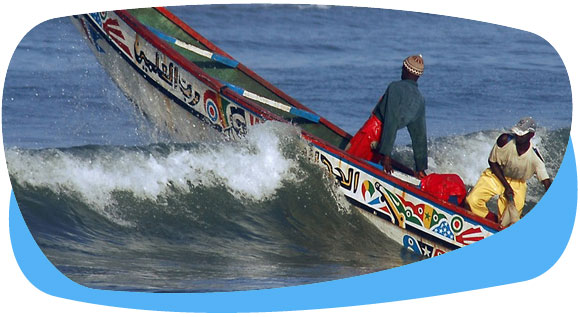Tourism is a primary source of foreign exchange in 46 of the 50 Least Developed Countries. These 50 countries account for just 1.2% of international arrivals and 0.8% of tourism receipts, but this share is rising faster than the world average. Mauritius, the Maldives and Botswana, for instance, have pulled themselves out of Least Developed Country status largely due to tourism. Some of these countries have managed to keep control of their tourism industry, for instance Gambia, which has banned all-inclusive resorts; the country sees only 70,000 tourists a year (less than a planeload per day) but their spending still accounts for almost a third of the country’s total exports. The Pro-Poor Tourism Partnership is a collaborative research initiative promoting tourism that results in increased net benefits for poor people.
Given that tourism is more a process than a product and is very globalised, cutting across so many sectors, it’s very hard for individual governments to control it – it’s up to consumers more than in other sectors. As things stand, it’s almost impossible for tourists to know how much local communities will benefit from their holiday; there have been various experimental certification schemes, but it’s proved near-impossible to draw up consistent criteria and apply them worldwide. Similarly, the term ‘ecotourism’ is much abused, and in some countries simply means anything that involves nature or wildlife, regardless of its sustainability.
The Planeta website provides some guidance on what is truly ‘eco’ as do Responsible Travel and the Responsible Tourism Partnership. Otherwise you’ll simply have to pick locally-owned guesthouses (almost always more sustainable than large hotels) and then make an effort to get out to eat in restaurants, and to buy local crafts. Giving your custom to beach hawkers and masseurs is less straightforward, as one of the less positive effects of tourism is to draw people from their home regions to tourism honey-pots, breaking up families and leaving fields unfarmed. In any case, tourism is a cleaner option for under-developed countries than heavy industry.
